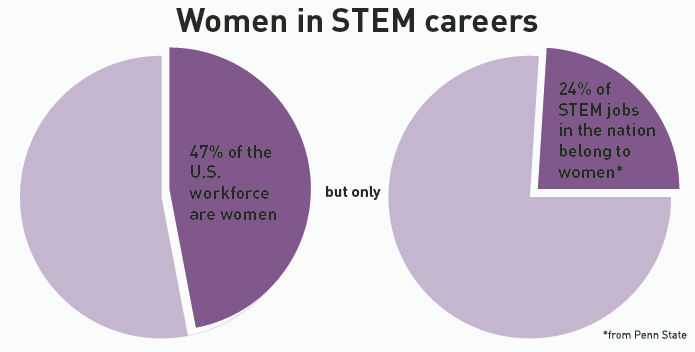Rochford: Standing by My Commentary on the Confederate Flag
March 29, 2020
In my last article a few weeks ago I discussed the Confederate flag and the complex nature of the flag’s appropriateness in certain areas of life. I received criticism on social media over the article and I am here to say now that I do not in any way, shape, or form, apologize for what I wrote. In fact, I stand by my words wholeheartedly. Let me recap my article, for those who have not read, but let me especially recap my article for those who criticized without reading.
From the start, I argued straight away that the Marine Corps appropriately banned Confederate flag paraphernalia from all service bases.
Second, I explained my support both for the flag’s removal from the South Carolina Statehouse in 2000, and from the whole of the capitol grounds in 2015.
Third, I explained that people, including Iowans, fly the flag on their truck or display some type of paraphernalia. My opinion of that fact is: I do not believe those people are necessarily the worst in society, though the Southern Cross and other symbols are used in nefarious ways. I believe many people that display the flag view the symbol in a historical vacuum in which the only understanding of the symbolism represents “rebel.” I believe those people that fly it, though not inherently bad, need to understand that the flag represented a national government in the 1860s intent on enslaving Africans and black Americans and continued to represent social movements dedicated to discriminating against blacks and various minority groups, and even today pockets people continue to use it and other of a plethora of other evils. There is no getting away from that fact.
Finally, there are appropriate places for the flag to be, principally in museums, or in my article’s example, at living historical events like reenactments. Attempting to ban the Confederate flag at living history events does a disservice to the factual history. Moreover, I am a graduate student with research interests in 19th century American military history. I have two primary source memoirs and collections of documents from Confederate soldiers (the jacket of both works have the Confederate flag) that I used for research, sitting in my car. Should I be “cancelled?”
Now for the critics. Disclaimer: it appears the article no longer exists on social media after I raised questions concerning the headline selected for me.
Criticism arose from those saying that the flag should not be flown in public or on government buildings. Well, if those people had read the first four sentences of my original article instead of going straight to comments, that may have helped in understanding my article. Others were appalled the Daily published “trash” insinuating I came from a racist perspective. Again, those people did not read the article; it helps to read what you criticize, that is 101 level advice, and I would caution insinuating a biracial black and white male is a racist based upon what you did not read.
Another line of criticism claimed I know nothing about history, and that the flag in question was not the Confederate flag, but a different flag, the Confederate battle-flag. The social media commenters further explained that the Stars and Bars, the first national flag of the Confederacy, represented the government… Of course, I must know nothing of history!…that is splitting hairs folks. It is true that the Southern Cross was the battle-flag of the Confederacy. It is also equally true to call the Confederate battle-flag the Confederate flag because that flag represented the armies of the Confederacy. Moreover, the first national flag was the Stars and Bars, but the second and third national flags of the Confederacy contain the Southern Cross. Such an argument is irrelevant, completely missing the point and does not stand up to scrutiny.
I am very much available and love talking about history, so please do drop a note if you would like to discuss history and talk about differing perspectives; I appreciate well thought out and civil discussions, arguments, and counter arguments. To those that did not read or read closely enough my article and yet felt inclined to criticize: kick rocks.
















